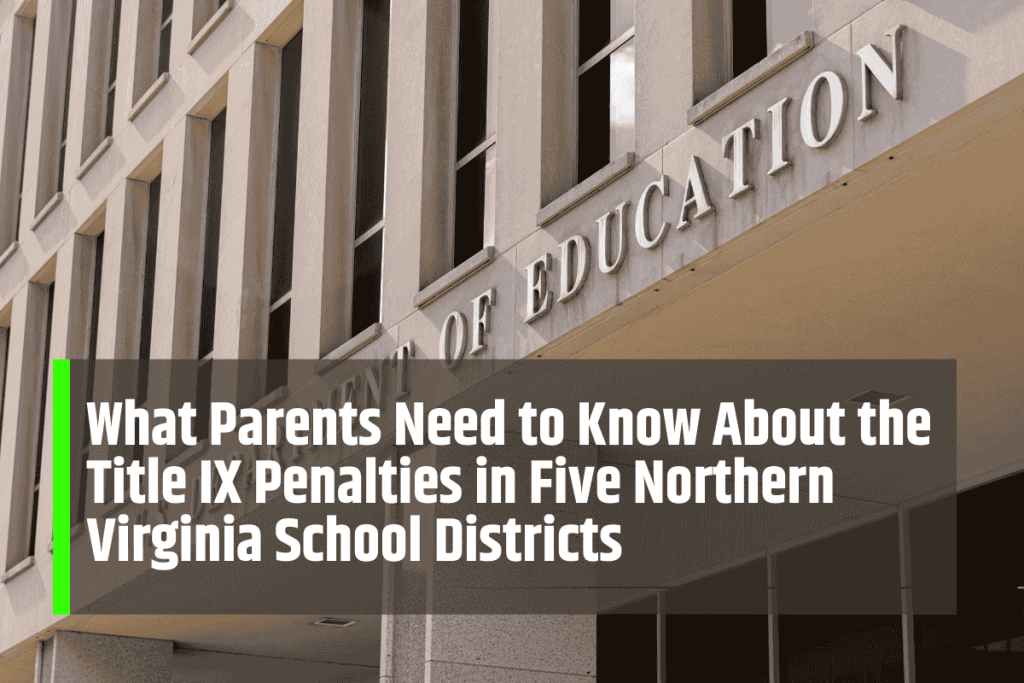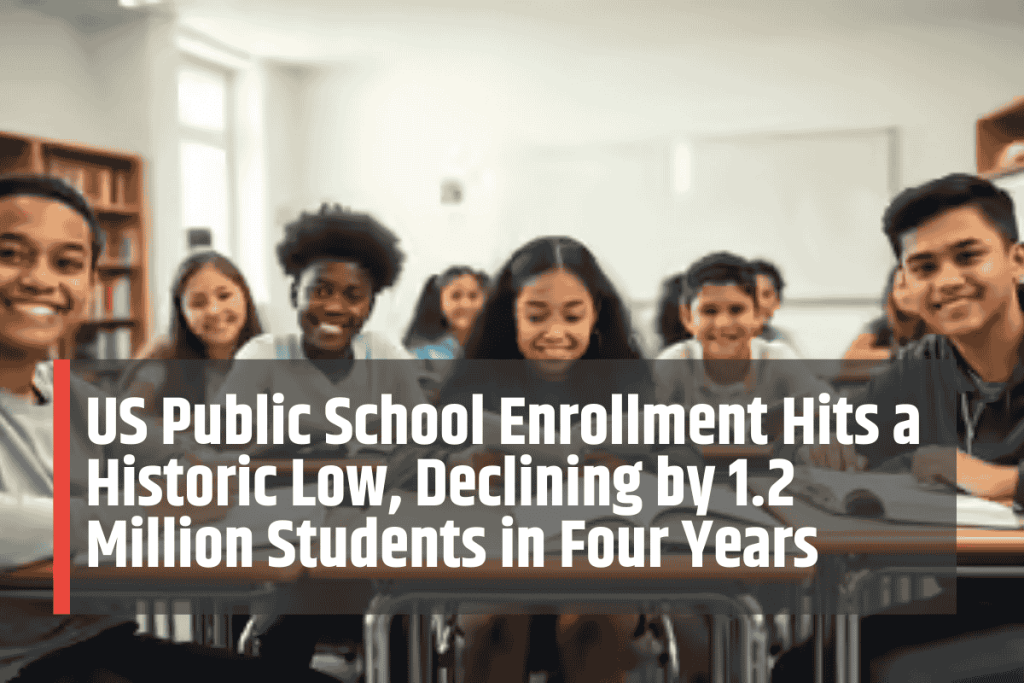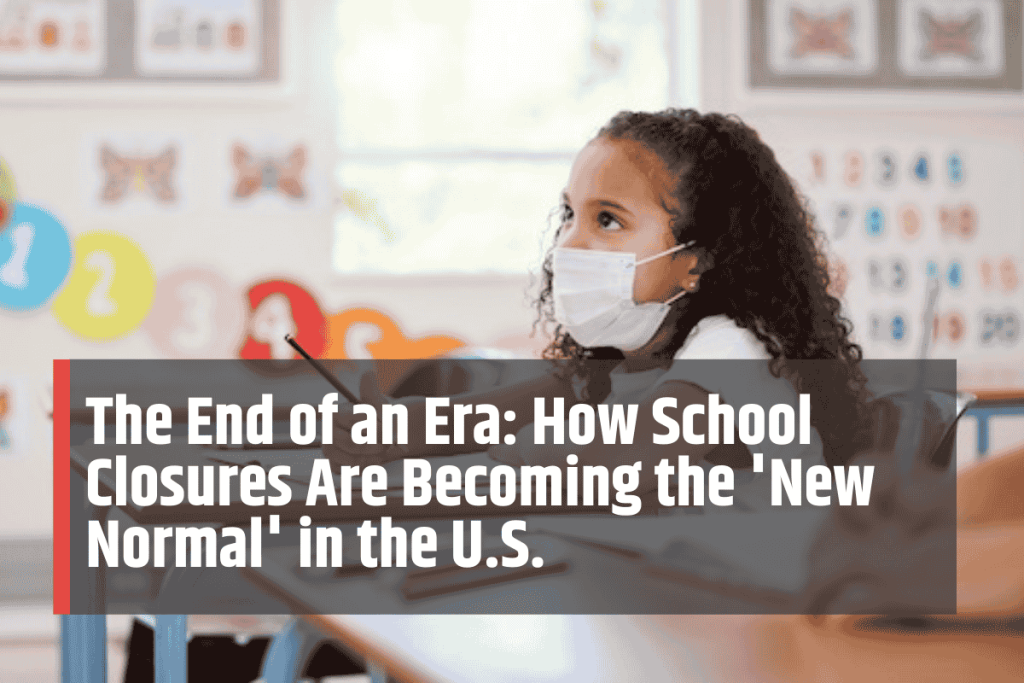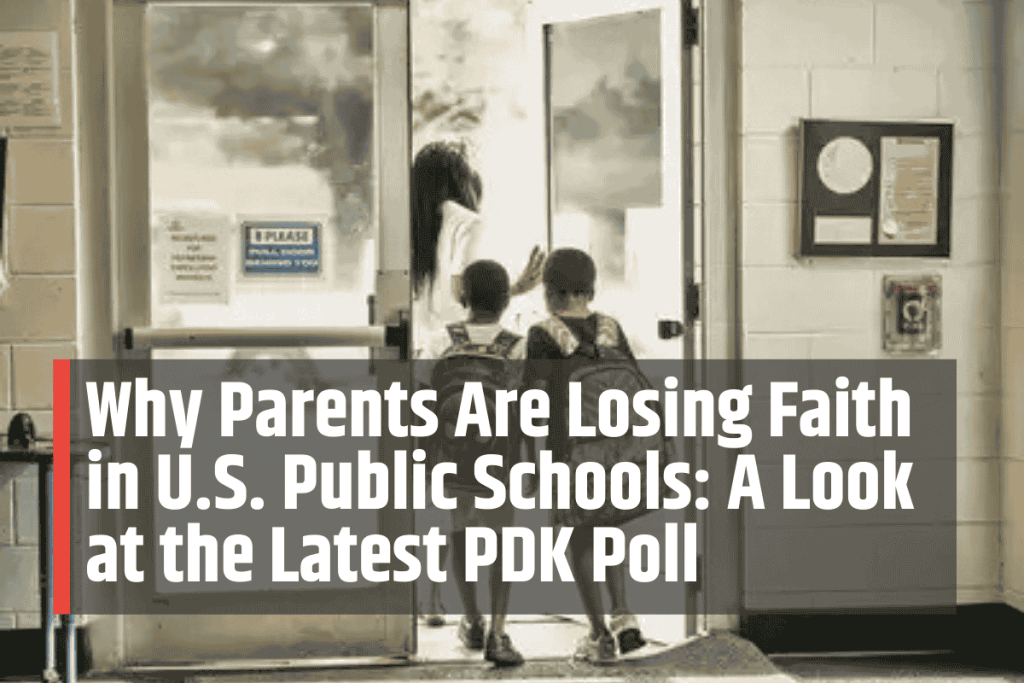Education is at the cusp of a technological shift, and the Alpha School initiative stands at the forefront. Backed by financier Bill Ackman, this ambitious project proposes using advanced artificial intelligence to reshape the student learning experience. Its potential impact could reach classrooms from New York to Los Angeles.
Bill Ackman’s Backing
Ackman, known for his disruptive investment strategies in cities like New York and Boston, has lent both financial support and credibility to the Alpha School model. His involvement signals that the project is more than a passing experiment—it has the resources and visibility to become a serious force in education reform.
The Rise of AI Tutoring Globally
Across the globe, AI-driven educational tools are gaining momentum. In San Francisco, Tokyo, and London, pilot studies show academic performance improving by as much as fifteen percent when students combine traditional teaching with adaptive AI support. In places with teacher shortages, such as India and parts of Africa, AI tutors provide consistent, 24-hour access.
What Sets Alpha School Apart
Alpha School distinguishes itself with several features. Its AI dynamically tailors lesson plans to individual strengths and weaknesses, offering real-time adjustments. This is especially valuable in urban schools, such as Los Angeles or Chicago, where large class sizes limit one-on-one instruction. The system also integrates multimedia—videos, simulations, and feedback—to make learning more interactive.
Early Pilots and Testing Grounds
With Ackman’s investment, Alpha School has piloted programs in select charter schools in New York City and San Diego. These early trials allow the system to collect feedback and refine its algorithms before a wider rollout. The focus on data-driven iteration ensures that scaling happens thoughtfully, not hastily.
Potential Gains for Students and Teachers
The benefits of AI-driven tutoring could be profound. In Detroit, where dropout rates remain stubbornly high, personalized academic support could help keep students engaged. In Austin, teachers note that AI-guided tools build confidence in difficult subjects like calculus. Teachers, in turn, gain more bandwidth for mentoring and creative classroom instruction.
Infrastructure and Equity Challenges
Despite its promise, Alpha School must overcome barriers. Rural areas, such as parts of West Virginia or upstate New York, struggle with unreliable internet access, limiting participation. Parents in Seattle and elsewhere worry about excessive screen time. There is also a pressing need to safeguard privacy and prevent algorithmic bias from shaping outcomes unfairly.
The Limits of Digital-First Learning
While AI excels at personalization, classrooms remain essential for social and emotional development. Cities such as Paris and Sydney emphasize peer collaboration, creativity, and mentorship. Educators in Mumbai and Mexico City argue that the irreplaceable human connection—encouragement, empathy, and adaptability—cannot be replicated by algorithms. AI alone is not a full substitute.
Toward a Hybrid Model
Alpha School advocates a hybrid vision, blending the strengths of AI with the relational aspects of live teaching. This model leverages technology to provide individualized pacing while preserving peer interactions and mentorship. The long-term goal is scalable, cost-effective education that retains the essential human dimensions of learning.
Broader Implications for Urban Schools
Urban systems with high enrollment pressures may benefit most from hybrid AI integration. In crowded districts from Boston to Miami, AI could reduce strain on teachers and improve learning equity. By offering tailored academic support, Alpha School has the potential to close gaps in performance and reduce dropout risks.
Ethical and Policy Considerations
Widespread adoption raises important policy questions. How will student data be protected? What safeguards will prevent inequities between well-funded districts and underserved communities? Policymakers, school leaders, and technology developers must collaborate to establish frameworks ensuring AI serves students’ best interests without undermining privacy or widening disparities.
The Global Talent Race
Internationally, education systems are racing to integrate AI. Countries like China and South Korea are heavily investing in AI tutors, while Canada and the UK explore national strategies. The U.S., with initiatives like Alpha School, must act decisively to remain competitive in cultivating future-ready students and global talent pipelines.
Reinventing, Not Replacing
Bill Ackman’s Alpha School initiative highlights a pivotal moment in education. With thoughtful design, AI can supplement—not supplant—classrooms, offering individualized learning while preserving human connection. As schools in New York, Los Angeles, and beyond adopt these tools, the challenge will be balance: embracing innovation while safeguarding equity, ethics, and the essence of teaching.











Leave a Comment